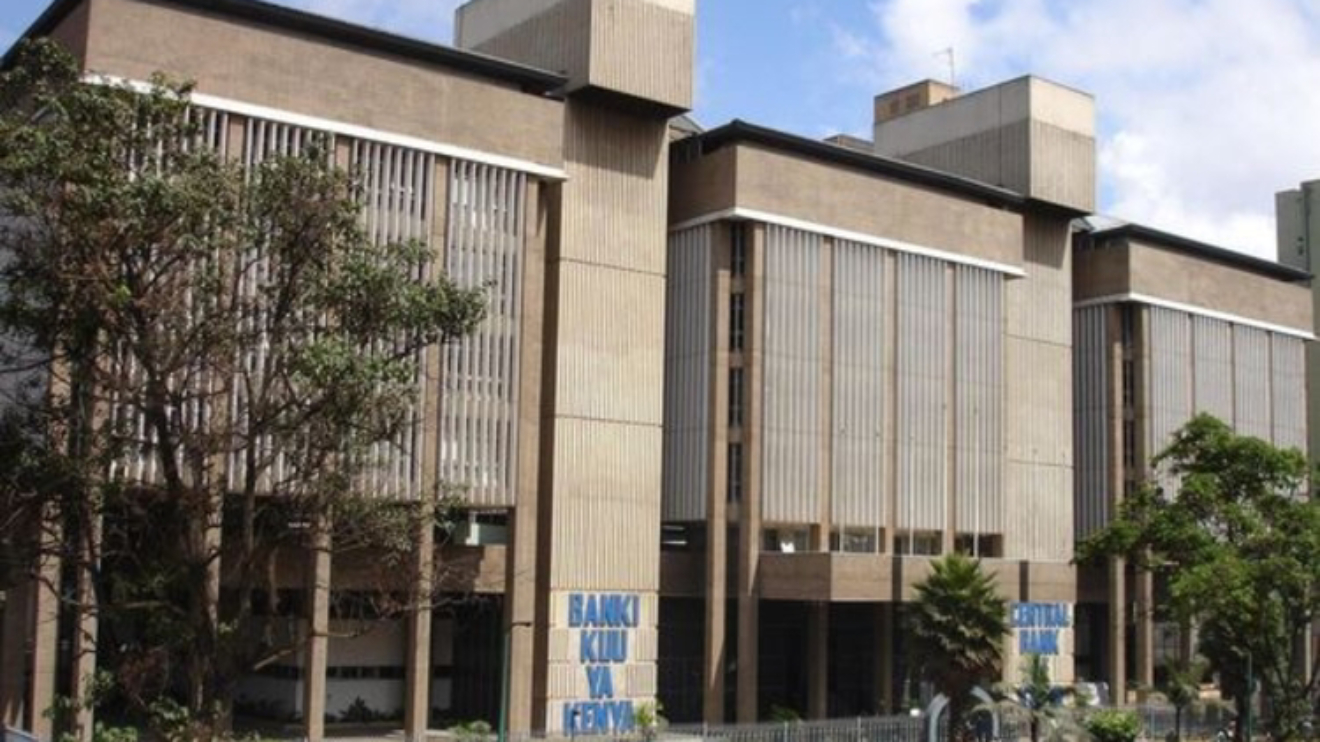A recent survey conducted jointly by the Central Bank of Kenya (CBK), the Kenya National Bureau of Statistics (KNBS), and the Financial Sector Deepening (FSD) Kenya has shed light on a concerning trend of rising loan defaults among the country's small and medium-sized enterprises (SMEs).
The survey, which analyzed the economic landscape in June 2023, has uncovered a multitude of challenges faced by businesses, painting a grim picture of their financial stability.
The survey revealed that Kenyan businesses, particularly micro and small enterprises (MSEs), have been grappling with a host of economic headwinds, including poor sales, high inflation, and a spike in interest rates. These challenges have significantly reduced their cash flows and pushed many into defaulting on their loans.
"To counter this, MSEs take loans to remain afloat. However, with persistent harsh economic conditions, these businesses tend to default on their loans by either paying late, missing a payment, or paying less than expected," reads a portion of the survey.
The survey results are startling, indicating that 60.7 per cent of MSEs defaulted on their loans in June 2023 compared to 42.8 per cent in October 2022.
Read More
This significant increase in defaults highlights the severe strain these businesses are experiencing.
This troubling development has prompted concerns and is likely to necessitate interventions from the current administration, which has placed a strong emphasis on empowering individuals and small businesses.
The government has sought to facilitate access to affordable credit through a State-backed financial inclusion fund, commonly referred to as the Hustler Fund.
Many MSEs have been excluded from the formal credit market, leading them to resort to expensive digital credit providers that impose exorbitant interest rates.
The survey indicates that approximately 45 per cent of respondents with active loans borrowed from the Hustler Fund, demonstrating the popularity of this State-backed mobile lending product.
Additionally, 28 per cent borrowed from mobile banking platforms such as M-Shwari and KCB M-Pesa, while 23.7 per cent borrowed from chamas or groups.
Market observers have noted indications that government micro-loans are being used to service other digital debts as borrowers attempt to navigate their multiple financial obligations.
John Gachora, CEO of NCBA Group, which co-owns M-Shwari with Safaricom and KCB Group, commented on the repayment ratios of these mobile lending platforms, stating, "Repayment has been very good... And some of it we actually believe is from the Hustler Fund."
While the growth in the popularity of the Hustler Fund has been a step forward in financial inclusion, it has come with its own set of challenges.
Approximately 29 per cent of outstanding loans, equivalent to around Sh3 billion, are not being serviced according to the agreed schedule.
Borrowers on the Hustler Fund are defaulting at a higher rate than those with loans from commercial banks, saccos, and microfinance banks, highlighting a moral hazard that is often associated with State-backed financing programs.
Notably, the rate of default is significantly higher among female-owned businesses, standing at 62.3 per cent, indicating that women have been disproportionately affected by reduced cash flows compared to their male counterparts.
In October of the previous year, 55 per cent of female borrowers had defaulted.
The default rate among males, while lower, still rose from 45 per cent to 58.6 per cent during the survey period.
The survey also revealed that while the rate of default increased among businesses with no employees, it declined among businesses with between one and nine employees. This suggests that smaller businesses with fewer employees are better positioned to weather economic challenges.











